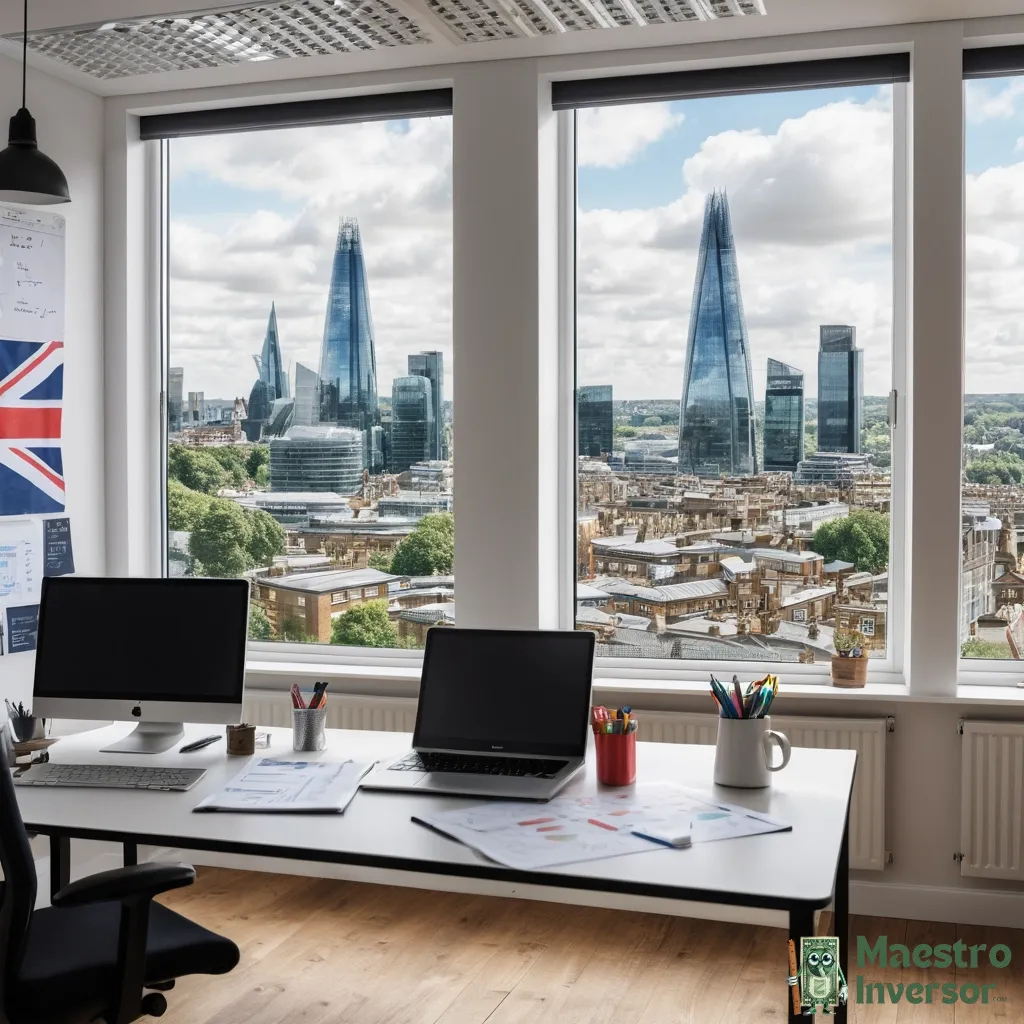
Starting a business in England can be a challenging but rewarding experience. With its strong economy and favorable business environment, England is an attractive location for entrepreneurs and small business owners. However, navigating the process of setting up a business can be overwhelming, especially for those who are new to the country or unfamiliar with the local regulations. In this article, we will provide a comprehensive guide on how to start a business in England, including the necessary steps, legal requirements, and resources available to support new businesses.
Choosing a Business Structure
The first step in starting a business in England is to decide on a business structure. This will determine the legal and financial framework of your business, as well as your personal liability as a business owner. The most common business structures in England are sole trader, partnership, limited company, and limited liability partnership. Each structure has its own advantages and disadvantages, and the right choice will depend on the specific needs and goals of your business.
Types of Business Structures
Here are some of the most common business structures in England:
- Sole trader: a sole trader is a individual who owns and operates a business. This structure is simple and easy to set up, but it offers no protection for personal assets in case the business incurs debts or liabilities.
- Partnership: a partnership is a business owned and operated by two or more individuals. This structure is similar to a sole trader, but it allows multiple owners to share the profits and losses of the business.
- Limited company: a limited company is a separate legal entity from its owners, who are known as shareholders. This structure offers protection for personal assets and can provide tax benefits, but it requires more formalities and annual filings.
- Limited liability partnership: a limited liability partnership is a hybrid structure that combines the benefits of a partnership and a limited company. This structure offers protection for personal assets and flexibility in management, but it requires more formalities and annual filings.
Registering a Business
Once you have chosen a business structure, you need to register your business with the relevant authorities. This will involve registering with Companies House, HM Revenue & Customs, and other local authorities. The registration process will vary depending on the business structure and location, but it typically involves providing basic information about the business, such as its name, address, and ownership structure.
Registration Requirements
Here are some of the key registration requirements for businesses in England:
- Companies House: all limited companies and limited liability partnerships must register with Companies House, which is the public body responsible for incorporating and dissolving companies in the UK.
- HM Revenue & Customs: all businesses must register with HM Revenue & Customs, which is responsible for collecting taxes and national insurance contributions.
- VAT registration: businesses that have an annual turnover of £85,000 or more must register for Value Added Tax (VAT), which is a consumption tax levied on goods and services.
- Business rates: businesses that occupy a commercial property must pay business rates, which is a local tax on property.
Obtaining Licenses and Permits
Depending on the type of business and location, you may need to obtain licenses and permits to operate. These can include licenses to sell food and drink, permits to operate a vehicle, or permissions to work with children or vulnerable adults. It is essential to research the specific licensing requirements for your business and obtain the necessary licenses and permits before starting operations.
Types of Licenses and Permits
Here are some of the most common licenses and permits required for businesses in England:
- Food business operator license: businesses that sell or prepare food must register with the local authority and obtain a food business operator license.
- Alcohol license: businesses that sell or supply alcohol must obtain a license from the local authority.
- Environmental permit: businesses that generate waste or pollute the environment must obtain an environmental permit.
- Health and safety permit: businesses that operate in a high-risk environment must obtain a health and safety permit.
Accessing Finance and Funding
Starting a business can be a costly endeavor, and accessing finance and funding is essential to get your business off the ground. There are several options available, including bank loans, venture capital, crowdfunding, and government grants. It is essential to research the different options and choose the one that best suits your business needs and goals.
Types of Finance and Funding
Here are some of the most common types of finance and funding available for businesses in England:
- Bank loans: banks offer a range of loan products, including term loans, overdrafts, and credit cards.
- Venture capital: venture capital firms invest in high-growth businesses in exchange for equity.
- Crowdfunding: crowdfunding platforms allow businesses to raise funds from a large number of people, typically in exchange for rewards or equity.
- Government grants: the government offers a range of grants and funding schemes to support businesses, particularly those in high-growth sectors or disadvantaged areas.
In conclusion, starting a business in England requires careful planning, research, and preparation. By choosing the right business structure, registering with the relevant authorities, obtaining licenses and permits, and accessing finance and funding, you can set your business up for success. Remember to stay up-to-date with the latest regulations and laws, and seek advice from professionals if you are unsure about any aspect of the process.

